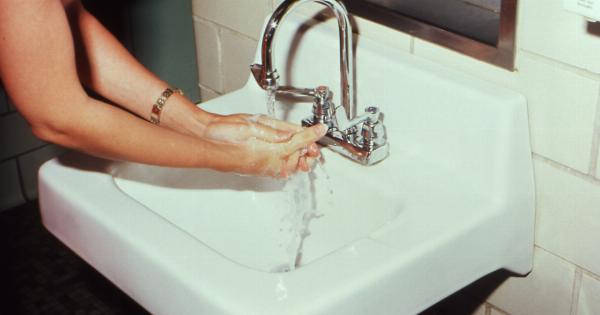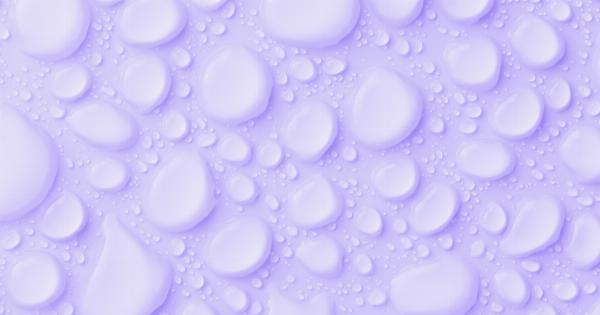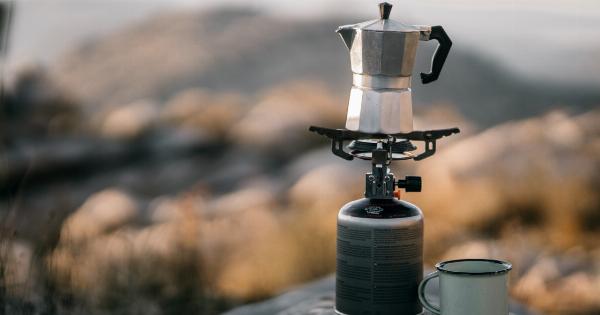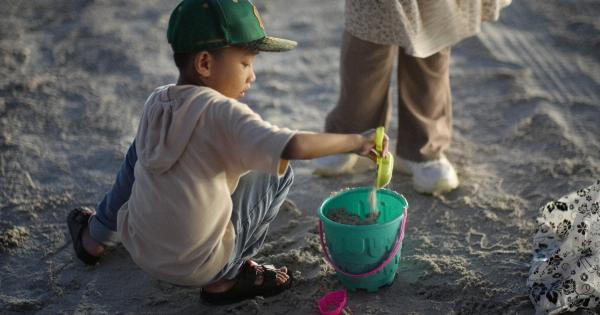Going on vacation is a fantastic way to unwind, relax, and explore new places. However, you might not realize that the water you drink, swim in, or use to cook your food could affect your health. That’s where osmosis comes into play.
This process is crucial for understanding the quality of the water you encounter during your travels. Here’s what you need to know about osmosis and your holiday.
What is osmosis?
Osmosis is the movement of water molecules across a semi-permeable membrane from an area of high concentration to an area of low concentration. This natural process is essential for regulating the water content in cells and tissues.
Why is osmosis important for water quality?
Osmosis is vital for evaluating the quality of water, especially when it comes to removing impurities.
For example, in reverse osmosis (RO) filtration, water is forced through a semi-permeable membrane that blocks impurities, such as chemicals, bacteria, viruses, and minerals. The clean water then passes through to the other side, leaving behind any unwanted substances.
How does osmosis affect your holiday?
When you’re on vacation, it’s important to be aware of the water quality you’re encountering. This could be tap water, swimming pools, hot tubs, or even the water used to cook your food.
By understanding osmosis and how it affects water quality, you can make informed decisions and take measures to ensure your health and safety.
How can you protect yourself from the effects of poor water quality?
Here are a few tips for protecting yourself from the effects of poor water quality:.
1. Check the water quality before you go
Research the water quality in your destination and find out if it’s safe to drink. If not, consider bringing your own water filter or purchasing bottled water.
2. Know the risks of swimming
If you plan on swimming, it’s essential to know the water quality of the pool, lake, or ocean. Look for indicators of poor water quality, such as murky water or an unpleasant odor.
Avoid swimming in areas where there are signs of sewage discharge, and never swallow the water.
3. Use a water filtration system
If you’re unsure about the quality of the water, consider using a filtration system. A portable water filter can remove impurities, such as chlorine, bacteria, and viruses, and make the water safe to drink.
4. Be cautious with food and beverages
Avoid consuming food or beverages made with water that’s not safe to drink. This includes foods that have been washed in tap water or ice made from tap water. Opt for bottled drinks or water that’s been boiled.
5. Stay hydrated
Drinking plenty of water is essential for staying hydrated on vacation, but it’s important to choose safe water sources. If you’re unsure about the water quality, consider drinking bottled water or bringing your own water filter.
In conclusion
Osmosis is a critical process for evaluating water quality, and it’s essential to understand how it affects your health during your travels.
By following these tips and being aware of the water quality in your destination, you can minimize your risk of illness and enjoy a safe and healthy vacation.




























